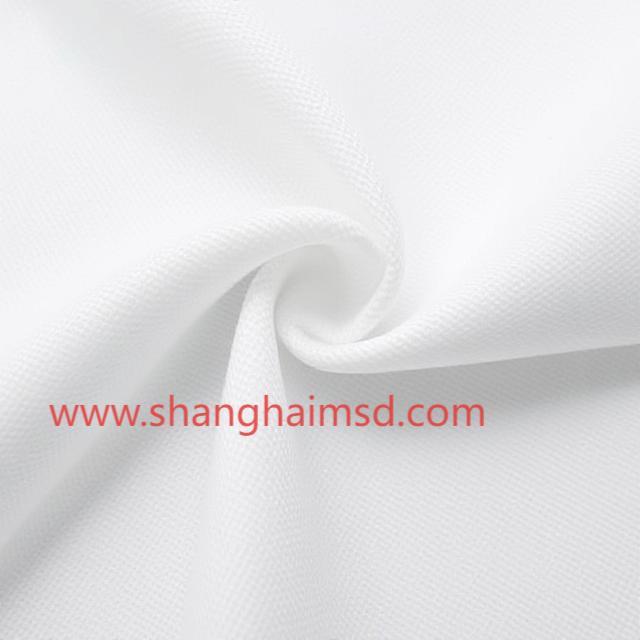In high-performance industrial settings, materials are constantly exposed to mechanical stress, chemicals, and environmental fluctuations. Equipment housings, machine covers, and industrial curtains must not only resist wear and corrosion but also remain flexible and easy to maintain. Among the top-tier solutions now used across factories, labs, and logistics centers is TPU Compound Fabric , supplied by Shanghai MSD International Trading Co., Ltd., offering unmatched durability and adaptability.
This specialized fabric is created by bonding thermoplastic polyurethane (TPU) to technical textiles like polyester or aramid-based substrates. The result is a laminated material that offers superior tear strength, abrasion resistance, and chemical resilience. It’s specifically engineered to endure long-term industrial use without cracking, warping, or delaminating—even in high-temperature or high-humidity environments.
One of the material’s most practical applications is in protective machine covers. These are essential in automated manufacturing lines, where moving parts must be shielded from dust, oils, and moisture. Traditional materials often degrade quickly or become rigid over time. In contrast, TPU-laminated textiles maintain elasticity and shape, ensuring long-term protection while allowing flexible access for inspection or repair.
Shanghai MSD International Trading Co., Ltd. customizes this fabric for use in roll-up doors, sliding partitions, and cleanroom dividers. Its smooth surface is easy to clean and resists staining from greases or chemical splashes, making it ideal for use in food processing, pharmaceutical, and electronics manufacturing environments where hygiene is non-negotiable.
The fabric’s ability to be heat-welded or RF-sealed means that seams can be fully sealed, preventing ingress of particles or liquids—critical for maintaining ISO-certified cleanroom conditions. It also supports modular installation systems where panels or curtains can be rapidly deployed, replaced, or cleaned with minimal disruption to workflow.
In logistics and warehouse settings, the material is often used in forklift-safe strip curtains, impact-resistant doors, or weatherproof equipment tents. Because of its strength and flexibility, it absorbs impact and flexes under pressure rather than tearing. This improves both safety and cost-efficiency, especially in areas with frequent human-machine interaction.
The surface of this industrial textile can also be printed with warning symbols, maintenance instructions, or company branding. Shanghai MSD offers printable variants with matte or semi-gloss finishes that maintain visual clarity even under harsh lighting. These options make the fabric both functional and communicative in complex operational environments.
TPU-laminated materials are also chemically stable, resisting degradation from oils, cleaning solvents, and acidic or alkaline exposure. This makes them valuable in chemical processing plants or battery manufacturing lines where aggressive substances are used regularly. They retain mechanical properties and appearance even after extended chemical contact or sterilization cycles.
Environmental performance is another plus. Compared to rigid plastics or PVC-based films, TPU-coated fabrics generate less waste and offer better recyclability. Their long service life further reduces replacement frequency, contributing to cost savings and sustainability goals.
Shanghai MSD International Trading Co., Ltd. works with OEMs and industrial system integrators to provide materials that meet precise technical specifications. With consistent product quality, global logistics support, and application engineering services, they ensure clients receive a material tailored to both function and performance expectations.To learn more about how TPU Compound Fabric can strengthen and protect your next industrial application, visit: https://www.shanghaimsd.com/ .



